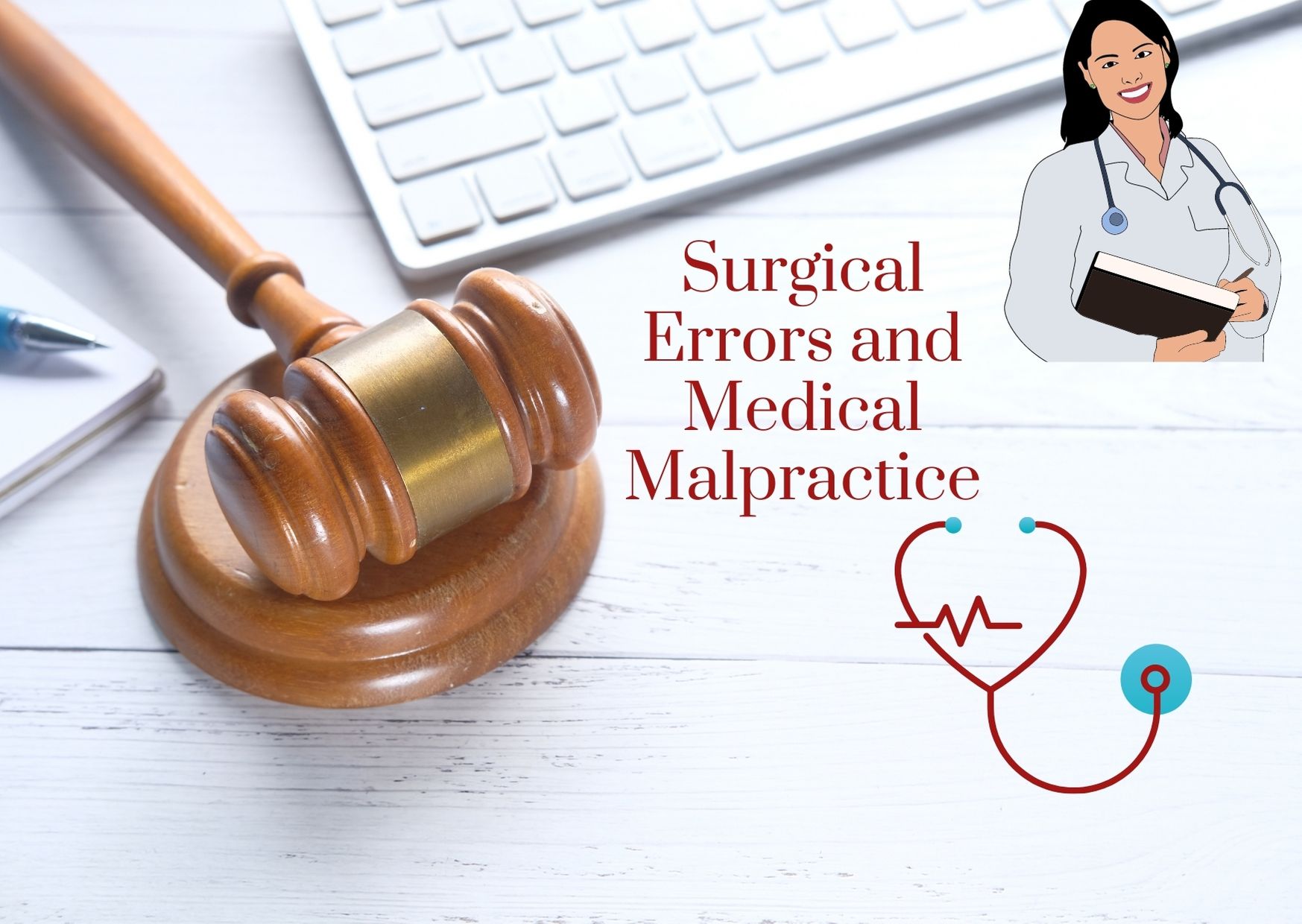A look at common causes and types of surgical errors, and key legal issues in these kinds of malpractice cases.
It is often said that there is no such thing as “minor” surgery. Whether you are having your appendix removed, or a quadruple bypass, any surgical procedure is a serious matter. The last thing anyone wants to hear following a surgery is that an error occurred. But does that automatically mean your surgeon committed medical malpractice? Not necessarily. The purpose of this article is to help you determine when a surgical error amounts to medical malpractice.
What is Medical Malpractice?
The mere fact that a surgical error has occurred does not mean that anyone is liable for medical malpractice. The medical treatment in question (whether it is a surgical procedure or not) has to adhere to an accepted medical standard of care, and the sub-standard treatment must result in harm to you.
In other words, if the mistake did not fall below the medical standard of care, or you were not harmed by it, there is no malpractice.
A general definition of the standard of care is: The type and level of care an ordinary, prudent, health care professional, with the same training and experience, would provide under similar circumstances in the same community.
In most surgical error cases, it is fairly simple to establish that your surgeon’s treatment was below the standard of care (depending on how strictly you define “error”; more on this in the next section.) If you do establish that a surgical error violated the standard of care, the critical issue becomes whether you were harmed by the error.
What is a Surgical Error?
Simply defined, a surgical error is a preventable mistake during surgery. All surgeries involve an element of risk. For that reason, it is typical to sign a form before undergoing surgery that states you understand surgery involves certain known risks. This is called “informed consent.” Surgical errors go beyond the known risks of surgery. Surgical errors are unexpected.
Why Do Surgical Errors Occur?
No two surgeries are identical. Likewise, every surgical error (and the underlying cause of the error) has the potential to be unique. That said, here are some common reasons for surgical errors:
- Incompetence – Perhaps your surgeon has not performed the procedure very many times and simply lacks the skill to perform the surgery successfully. It sounds strange to many people this can happen, but it does.
- Insufficient Preoperative Planning – It is critical that a surgeon be well-prepared for surgery. This can include reviewing, and preparing for, any complications that are likely to occur. It can also include proper preparation by nurses and assistants to ensure all the necessary equipment is ready and available when needed by the surgeon.
- Improper Work Process – Surgeons may mistakenly determine that certain steps during a surgery are unnecessary. Taking shortcuts can be very costly when it comes to surgery.
- Poor Communication – Failure to communicate properly can result in a number of critical errors. For example, a surgeon may mark the wrong site for surgery, or fail to make sure all surgical equipment is properly onhand. There can also be miscommunication about proper dosage of a patient’s medication. Any one of these failures can result in serious consequences.
- Fatigue – This is quite common. Surgeons notoriously work long shifts. This results in fatigue. Tired people are more likely to make mistakes when compared with well-rested people.
- Drugs/Alcohol – Some surgeons turn to drugs and alcohol to cope with the stress they sometimes face. Many people are shocked to think a surgeon would even consider entering the operating room under the influence of drugs or alcohol. It may be shocking, but it happens.
- Neglect – Sometimes surgeons are simply not as careful as they should be. This could include failing to ensure their instruments are properly sterilized. It could also include the decision to use surgical equipment known to be defective.
Examples of Surgical Errors
The types of surgical errors that can occur are wide-ranging as well. Here are some of the most common:
- Injuring a nerve during surgery
- Administering too much or too little medication, i.e. anesthesia error
- Performing an incision at the wrong location
- Leaving a piece of surgical equipment, e.g. sponges or instruments, inside a patient
- Operating on the wrong body part
- Operating on the wrong patient
Consider Talking to an Experienced Lawyer
If you have questions about whether a surgical error amounts to medical malpractice, you should speak with a lawyer who specializes in medical malpractice. These cases can be very complex from a legal and procedural standpoint, and your chances of success increase exponentially if you hire a lawyer who has experience handling medical malpractice claims in your state’s court system.

